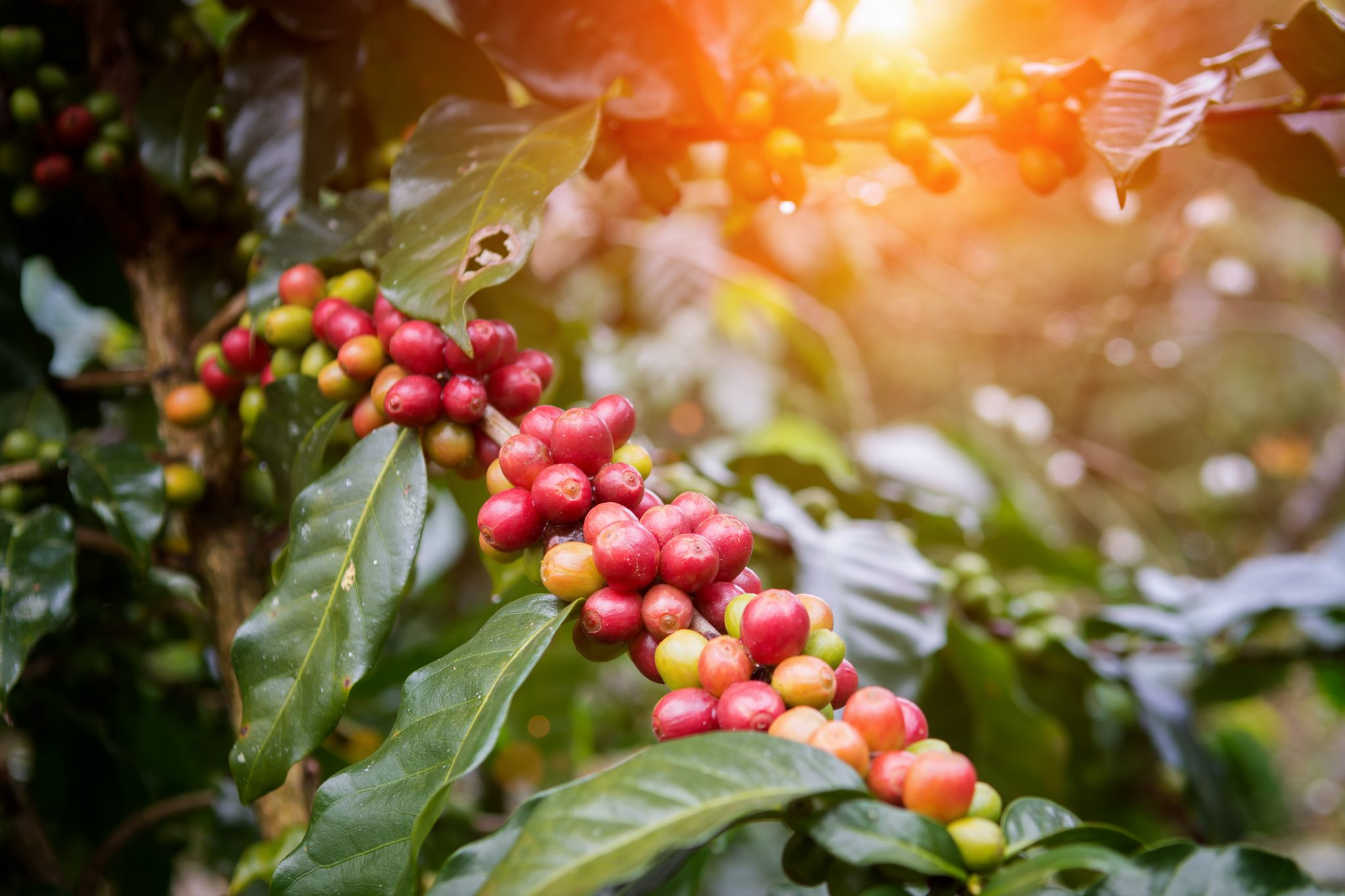AgriFutures has identified the Australian coffee industry with strong growth potential and has invested in several coffee research projects in recent years to increase the production capacity and value of the industry.
Coffee production in Australia is developing, with around 50 commercial growers, producing coffee from a total of 300-350 hectares.
Rebecca Zentveld, Zentveld’s Australian Coffee and President of the Australian Subtropical Coffee Association said, “there is room for more! Australia needs more growers’ and we want them to grow well and grow quality. That is good for all of us, to showcase to the world the high standard of coffee we can grow here.”
Potential growth for the industry is huge (currently servicing less than 1% of demand), and the integration of sustainability practices across the supply chain is tipped to be a game changer for the local industry, allowing Australian coffee growers to compete against imported coffee. It will also provide the industry with a competitive advantage.
The success of fair-trade coffee has demonstrated the appeal of socially sustainable imported coffee. But while sustainability at the grower level is strong, it is not integrated across the industry. Up to 90% of a food-producing organisations environmental impacts occur either upstream or downstream in its supply chain, so creating a sustainable Australian coffee industry requires a sustainable supply chain.
The project Building a sustainable future for the Australian coffee growers’ industry collected information from Australian growers and members of the supply chain regarding their current practice, needs and aspirations. The information was benchmarked against international best practice and used to develop the Australian Coffee Strategic RD&E Plan for the implementation of a coordinated and cooperative sustainable whole of coffee growing supply chain.
Professor Stuart Orr, Department of Management, Deakin Business School, Deakin University and principal researcher said, “Integrating sustainability practices across the industry and its supply chain will transform the industry from individual sustainable farm operations to a fully sustainable value chain from the supply of raw materials through to the cup.”
With over 99% of the coffee consumed in Australia being roasted from imported beans, and major Australian cities now boasting one of the most sophisticated coffee cultures globally, there are significant market opportunities for Australian grown beans.
Increasing the size of the Australian coffee industry depends on attracting new investors who are directly involved in the industry and providing relevant information to continue to define the value of Australian origin coffee as a global niche product.
This requires access to new cultivars that will decrease the cost of production, improve productivity through less pruning, are not susceptible to the major coffee diseases and sustain or increase quality and the unique attributes of Australian grown coffee.
The Australian coffee industry is based on the K7 coffee cultivar. This cultivar was developed in the 1970s and has vigorous growth in Australia’s subtropical climate. The trees are too tall for mechanical harvesting, meaning growers must prune trees heavily resulting in large production losses (i.e. crop loss every 1 in 3 years).
A new semi-dwarf variety that requires less pruning but with the same or better quality in the cup is urgently needed.











